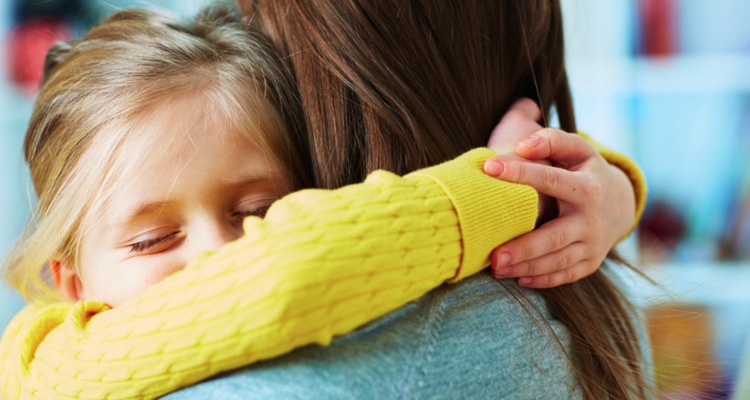
10 tips for teaching kids gratitude
Raising a grateful child is something that parents often worry about, particularly during the holiday season. Here, we partnered with The Academy of the Sacred Heart to bring you 10 tips that make learning gratitude (and teaching it) easy and fun!
We all have had those moments that are cringe-worthy. Either remembering ungrateful ways we’ve behaved as child (or older) or witnessing our own children as they embarrass us with their apparent lack of gratitude. Gratitude goes far beyond ‘Please’ and ‘Thank you’. But it’s not an easy concept to teach the naturally self-centric children, and it means they need to step outside their own world and realize that people do things for them – and they don’t need to.
Studies have actually shown that gratitude is healthy- children not only do better in school, and with relationships, but they live happier lives. It teaches them empathy.
But what is gratitude? Jeffrey Froh studied gratitude in youths and found, simply, that there are three things a child must recognize or understand for them to understand and feel gratitude.
-realize that somebody has intentionally done something of benefit for us.
-that this benefit to them was costly to the person who provided it.
-that the benefit is valuable to us.
Here are some simple ways to teach gratitude. Just remember, it takes time, and kids will sometimes take several steps back in the ‘selfish game’ before moving forward in the ‘gratitude game’. Be patient.
- Create a family gratitude list. At the dinner table, have everyone at the table say what they are grateful for.
- Have your kids help with chores, even if they’re very young. When they realize that every piece of folded laundry, washed dish or swept floor takes effort, they will be more appreciative (and grateful) of others’ efforts.
- Encourage giving. For every gift your child receives, have them pick one of their own to give away that they don’t play with anymore.
- Say ‘No’. If a child never hears ‘no’ to their desires, how are they going appreciate what they do have?
- Say ‘Thank you”. It’s easy to fall into the habit of automatically asking our children “What do you say?”. But do you say it as often as you should? Don’t forget “please” as well!
- Name your gratitude. As your child makes their wish lists, have them add- for each thing they want- something for which they are grateful. Teaching them to recognize what they have is, in many ways, immeasurable.
- Give them less. Even if you can afford it, should they get everything their hearts desire? Probably not. Not giving them everything they want is a valuable gift in itself.
- Write thank you notes. Before they can play or use a gift they receive, have them write a thank you note. Make sure to have them follow the rule of mentioning the gift specifically and how they are going to use it or appreciate it.
- Find the silver lining. Not everything works out exactly as they have planned. But we bet their party was still a blast even though they didn’t get the ice cream cake they wanted.
- Be a grateful parent. Probably the most important tip on the list.
-Staff at nola family magazine
We are grateful to our sponsor The Academy of the Sacred Heart!


